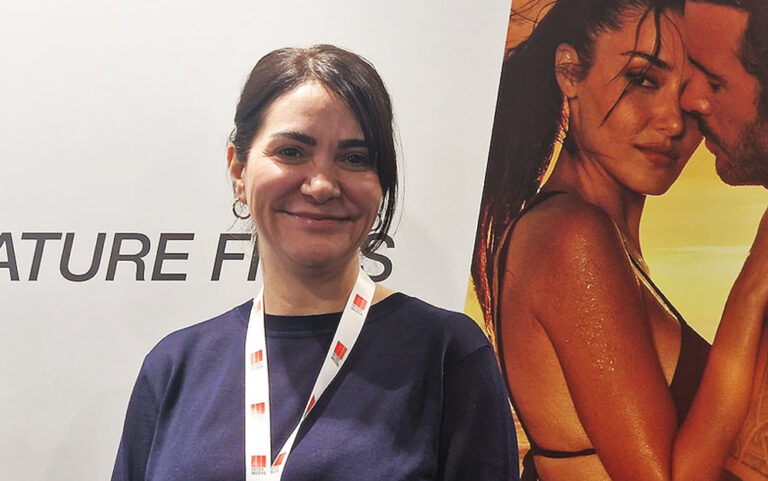Esta web utiliza cookies para que podamos ofrecerte la mejor experiencia de usuario posible. La información de las cookies se almacena en tu navegador y realiza funciones tales como reconocerte cuando vuelves a nuestra web o ayudar a nuestro equipo a comprender qué secciones de la web encuentras más interesantes y útiles.
U.S. HISPANIC
ESPN: We will have 180 people in Qatar doing news coverage and analysis
Maribel Ramos-Weiner| 31 de agosto de 2022

Rodolfo Martinez de ESPN
For Rodolfo Martínez, SVP of ESPN Deportes and International Production, there are two aspects of his work that gives him great satisfaction: on the one hand, the production of operations around major events such as the Olympics and football World Cups; and on the other hand, the creation of new programs.
“Currently we are working hard on planning for the Qatar Cup where we will have 180 people from all around the company doing news coverage, and debate programs. We will have staff from Latin America and that includes not only the team in Spanish but also the one in Brazilian Portuguese. For ESPN Deportes in the US, ESPN FC; SportsCenter in the US there will be our partners from Europe who are based in Amsterdam and Australia, and we will have a smaller content operation for commercial partners such as Tencent”, Martínez explained.
Regarding their recently original productions, he mentioned Greenland, El último tren a Tokio (Greenland, The Last Train to Tokyo), and El tren a Qatar (The Train to Qatar), “programs with unique creative content”
Martínez pointed out that, more than the technology they have to do analysis around the games, “our greatest strength is the analytical capacity and the widely recognized talent in all markets, which can easily hook an audience and help it digest and enjoy what happens in a perfect soccer match”.
He highlighted that within the coverage in Spanish for the US they will have talents like Jorge Ramos, David Faitelson, Fernando Palomo, and José Ramón Fernández, in addition to former players such as Hugo Sánchez and Mario Kempes.
As for trends he mentioned the use of mobile phones and the consumption of short videos on all platforms. “You will notice that a video on Instagram or live on YouTube has more text of another size and even the frames are different than what you would use for traditional screens. A very wide shot is no longer very favorable for platforms like Instagram, where the screen is tiny. Many videos will need to be reinforced with text because a lot of it is consumed in public situations where you don’t have enough volume to listen” he explained.




























